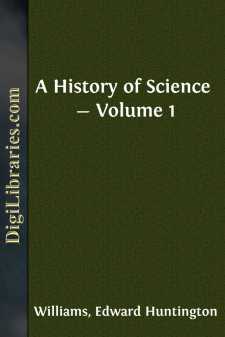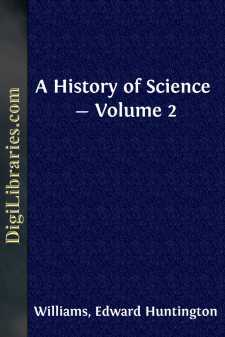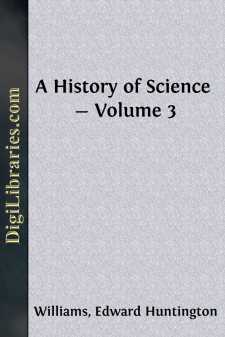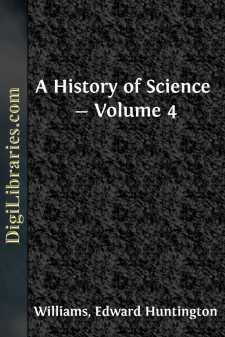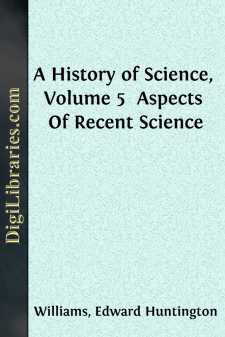Categories
- Antiques & Collectibles 13
- Architecture 36
- Art 48
- Bibles 22
- Biography & Autobiography 813
- Body, Mind & Spirit 142
- Business & Economics 28
- Children's Books 17
- Children's Fiction 14
- Computers 4
- Cooking 94
- Crafts & Hobbies 4
- Drama 346
- Education 46
- Family & Relationships 57
- Fiction 11829
- Games 19
- Gardening 17
- Health & Fitness 34
- History 1377
- House & Home 1
- Humor 147
- Juvenile Fiction 1873
- Juvenile Nonfiction 202
- Language Arts & Disciplines 88
- Law 16
- Literary Collections 686
- Literary Criticism 179
- Mathematics 13
- Medical 41
- Music 40
- Nature 179
- Non-Classifiable 1768
- Performing Arts 7
- Periodicals 1453
- Philosophy 64
- Photography 2
- Poetry 896
- Political Science 203
- Psychology 42
- Reference 154
- Religion 513
- Science 126
- Self-Help 84
- Social Science 81
- Sports & Recreation 34
- Study Aids 3
- Technology & Engineering 59
- Transportation 23
- Travel 463
- True Crime 29
Edward Huntington Williams
Edward Huntington Williams (1868–1944) was an American physician, writer, and journalist known for his work in medicine and popular science. He was a regular contributor to various publications, including "The Saturday Evening Post" and "The American Magazine", where he wrote articles that explained complex medical topics to the general public. Williams is particularly remembered for his co-authorship of "A History of Science" with Henry Smith Williams, which made significant contributions to the popularization of scientific knowledge. His work often bridged the gap between scientific communities and the broader public, making science more accessible and engaging.
Author's Books:
Sort by:
I. PREHISTORIC SCIENCE To speak of a prehistoric science may seem like a contradiction of terms. The word prehistoric seems to imply barbarism, while science, clearly enough, seems the outgrowth of civilization; but rightly considered, there is no contradiction. For, on the one hand, man had ceased to be a barbarian long before the beginning of what we call the historical period; and, on the other...
more...
V. GALILEO AND THE NEW PHYSICS After Galileo had felt the strong hand of the Inquisition, in 1632, he was careful to confine his researches, or at least his publications, to topics that seemed free from theological implications. In doing so he reverted to the field of his earliest studies—namely, the field of mechanics; and the Dialoghi delle Nuove Scienze, which he finished in 1636, and which was...
more...
I. THE SUCCESSORS OF NEWTON IN ASTRONOMYHEVELIUS AND HALLEYSTRANGELY enough, the decade immediately following Newton was one of comparative barrenness in scientific progress, the early years of the eighteenth century not being as productive of great astronomers as the later years of the seventeenth, or, for that matter, as the later years of the eighteenth century itself. Several of the prominent...
more...
I. THE PHLOGISTON THEORY IN CHEMISTRY The development of the science of chemistry from the "science" of alchemy is a striking example of the complete revolution in the attitude of observers in the field of science. As has been pointed out in a preceding chapter, the alchemist, having a preconceived idea of how things should be, made all his experiments to prove his preconceived theory; while...
more...
ASPECTS OF RECENT SCIENCE STUDENTS of the classics will recall that the old Roman historians were accustomed to detail the events of the remote past in what they were pleased to call annals, and to elaborate contemporary events into so-called histories. Actuated perhaps by the same motives, though with no conscious thought of imitation, I have been led to conclude this history of the development of...
more...


